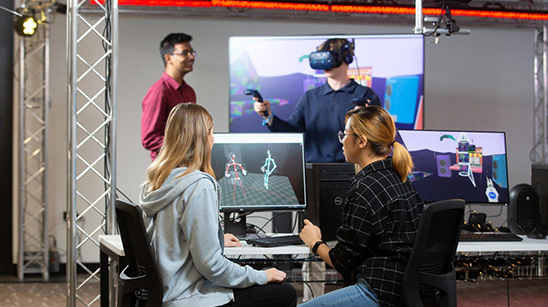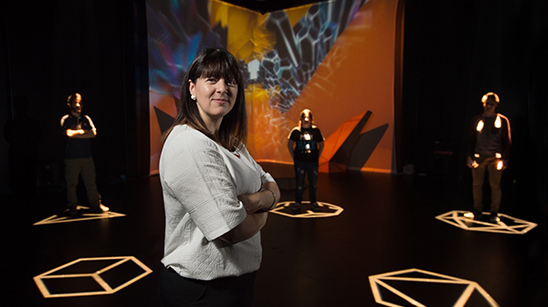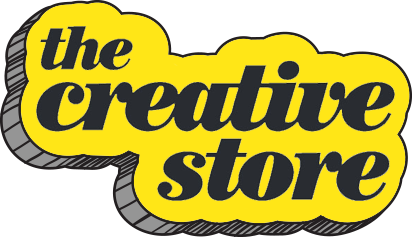Speak the Universal Language

No matter your industry, design skills could be what take you to the next level. Find out how to build your creative - and strategic - superpower.
When you hear the word ‘designer’ - what do you picture?
Chances are, if you ask someone else this question, their image isn’t the same as yours.
The truth is, there is no one answer. Not any more.
“Design is in all industries,” explains Deb Polson, Associate Professor at University of Auckland’s design school. “You don’t design just in a studio, you design within all kinds of corporations, organisations and communities.
“Not a lot of designers now sit within a design team. Sometimes they’re leading an innovation team or a change management team... they’re not just working with Photoshop or Illustrator.”
The strategy of creativity
Polson believes designers are now expected to be more strategic. “Design has to have that duality of being creative but ensuring it's making strategic improvement, which is more about intention than just expression. it’s a different lens to operate through.
“It used to be graphic design, web design, product design. These days, we’re doing the more contemporary specialisations of experience design, service design, design strategy, interface design...it’s a whole bunch of emerging and well-established areas that aren’t about production.”

Deb Polson, Associate Professor at University of Auckland’s design school. Photo: Supplied.
Polson took up her role at University of Auckland last year, and was quick to start meeting with secondary school and industry figures to “get the balance between what young people actually expect and what industry is looking for.” What she discovered surprised her.
“I heard from a lot of large organisations, especially in Auckland, that they were actually importing senior designers from other countries. When I speak to people in strategy or innovation departments, they worked out they were being asked to be designers and didn’t even know it.
“What (organisations) were doing was sending them off to New York for boot camps on design thinking. What we were trying to do was find a way to allow people to take their current skills and add design expertise on top of that, which gives them superpowers.”
Level up your skillset

With that in mind, University of Auckland has launched three new postgraduate programmes for 2021, including the Master of Design.
Polson sees this as the perfect upgrade opportunity, no matter your career path. It doesn’t matter if that’s healthcare, tourism, aviation, journalism - design is a universal language across any sector.
“It's about using design methods, models and technologies to understand how to enact positive change in a system. Everyone’s being asked to improve systems in their companies, no matter where they are. How does a designer intervene into a system to improve it? This about giving them forensic methodology that designers have developed over the decades. The Masters is levelling up your skillset with design knowledge and then applying it in the area that you already work in.”
The ability to innovate, invent and find new ways to make an impact has never been more valuable. Polson challenges potential students to look beyond what they already know.
“A lot of people think that design is only a visual practice but it’s not any more. For example, my practice is in immersive environments - no one really sees what I do. It’s all about activating physical space through digital technologies.
“Others do service design like improving the way people in wheelchairs engage with digital services. We’re in this area of making sure we’re responsible and being part of positive change like reducing waste, combating inequality - but still remaining viable.”
Source: Big Idea
